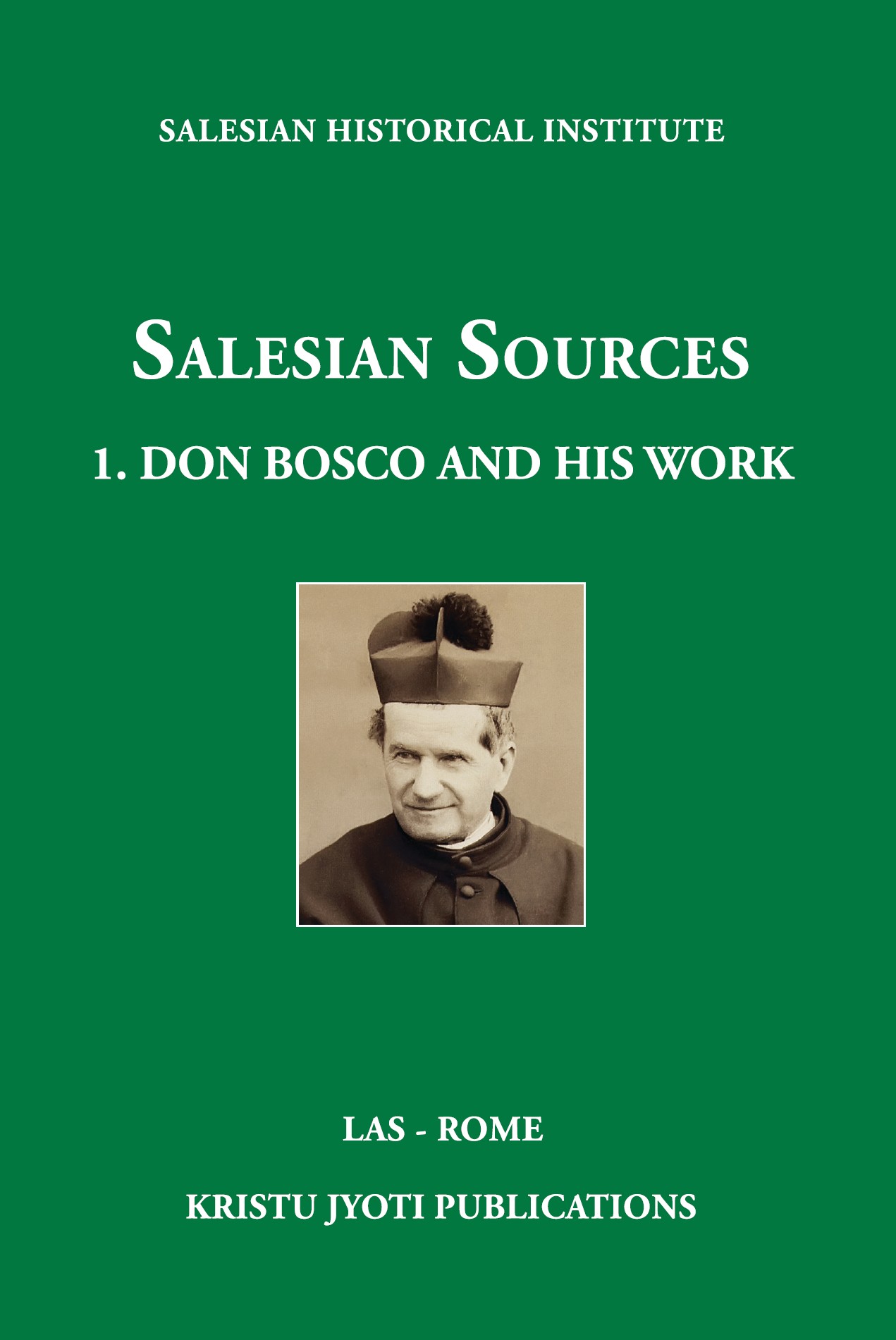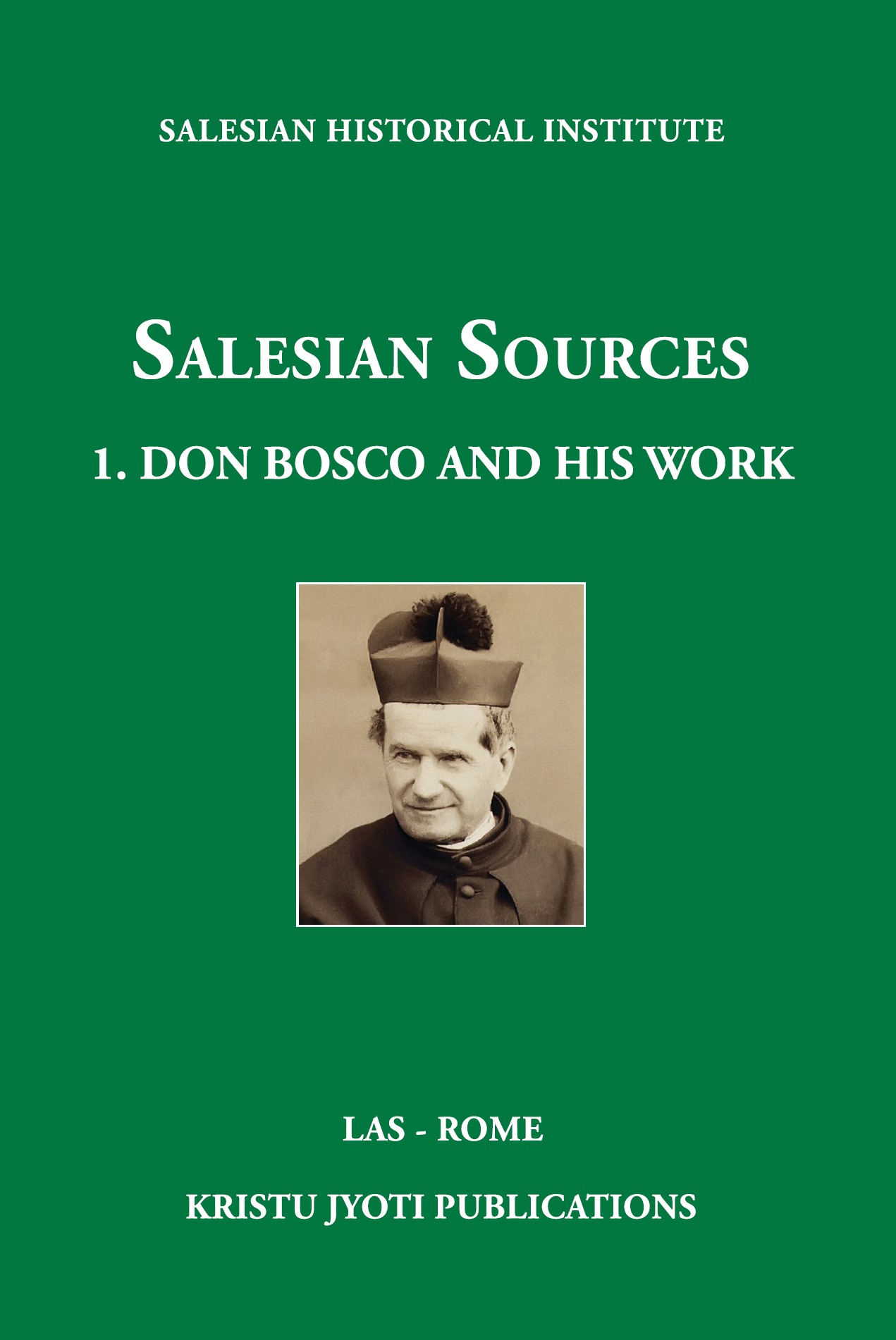As an introduction to the first Italian edition of the Salesian Constitutions, published in 1875, Don Bosco wrote a wide-ranging letter To the Salesians, to guide them in interpreting the rules and to infuse in them a correct idea of religious life. He later refined and extended it with the help of the master of novices, Fr Barberis, for the third Italian edition of the Constitutions (1885). It is a relevant document from a spiritual point of view. “One can think of it as a brief summary, the most complete one, of what could be called Don Bosco’s theology of religious life. Ideas flow together in it which had matured in him little by little, beginning from when he wrote the history of the Church and the Popes, then as he drew up the Constitutions and documents written to gain approval, further enriched by local and general conferences, instructions given at retreats in the late 1860s and early 1870s, and expressed in individual letters and circulars and in private advice.”
Continue reading “Giovanni Bosco – Don Bosco’s ‘theology’ of religious life” →

